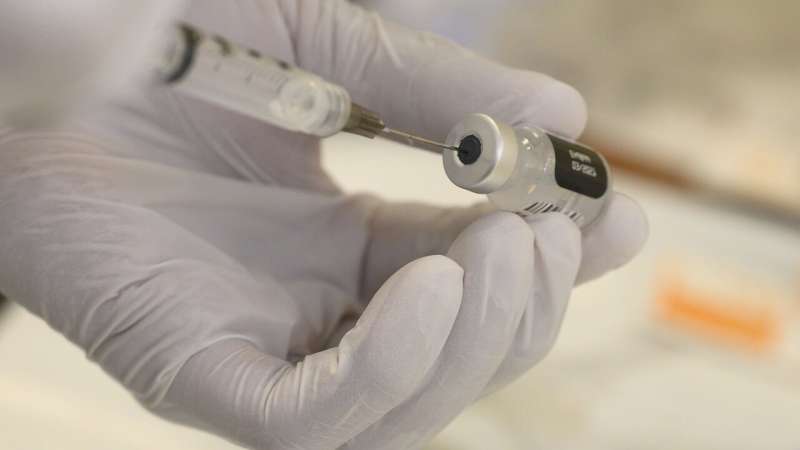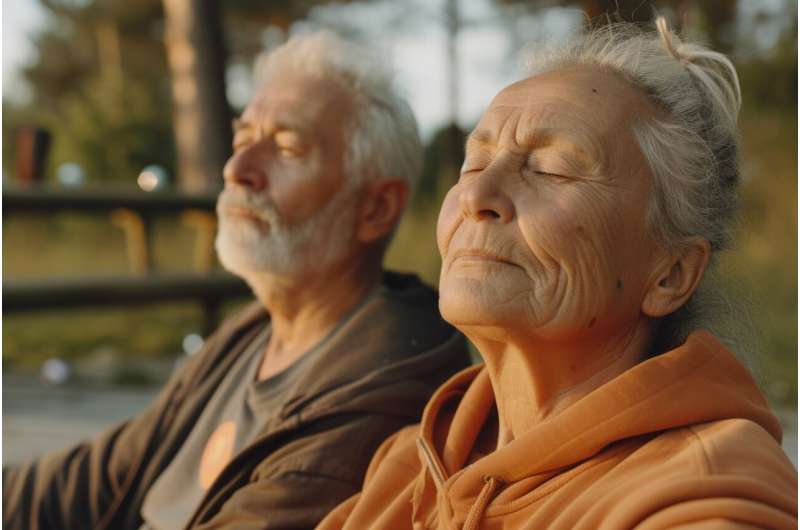A recent study led by researchers at UCLA has raised significant questions regarding the effectiveness of Paxlovid, a COVID-19 treatment, among vaccinated older adults. The research indicates that Paxlovid presents minimal protection against severe outcomes of COVID-19, such as hospitalization and mortality, in this demographic, challenging previously held assumptions about its efficacy.
The Context of the Study
As COVID-19 vaccinations became prevalent, understanding the relationship between vaccination status and treatment outcomes has become crucial, particularly for vulnerable populations like seniors. Historically, Pfizer’s clinical trials suggested that Paxlovid considerably reduced COVID-19 hospitalization rates in unvaccinated populations. However, the applicability of these findings to vaccinated older adults was under scrutiny. Lead researchers noted:
"Since the strongest predictor of severe COVID-19 is advanced age, it has been crucial to obtain evidence on whether the results of the Pfizer trials generalized to older and vaccinated populations." – Dr. John Mafi, Associate Professor at UCLA
Research Findings
The findings were published in JAMA, where the authors reported that Paxlovid's effectiveness appears markedly diminished among vaccinated older adults when compared to its effects observed in unvaccinated populations. Notably, the study found:
- The protective effect against hospitalization for vaccinated older adults is approximately four times weaker than initially suggested in Pfizer’s research.
- Data analysis of over 1.6 million vaccinated older Ontarians between April and November 2022 concluded that an increase in Paxlovid prescriptions did not lead to a decrease in COVID-19-related hospitalizations.
Study Methodology
The researchers utilized a natural experiment which arose from Ontario, Canada’s age-restrictive policy for Paxlovid prescriptions. During this period, access was limited to symptomatic, COVID-19-positive adults aged 70 and older. This policy allowed researchers to glean insights by comparing common health outcomes between those just under and just above the age requirement:
| Age Group | Paxlovid Prescriptions | Health Outcomes |
|---|---|---|
| Under 70 | Standard Rate | Higher hospitalization rates observed. |
| 70+ (with Paxlovid access) | 118% increase | No significant change in hospitalization rates. |
Conclusions on Impact and Considerations
The implications of this study are profound. The initial belief that Paxlovid would function equivalently across vaccinated populations as it does in unvaccinated individuals is now being questioned. The necessity for ongoing randomized clinical trials is underscored to determine the treatment's effects on high-risk groups, especially:
- Frailer older adult populations.
- Immunosuppressed individuals.
Despite the limitations of this research, including insufficient individual-level data regarding symptoms and prior vaccinations, the study contributes to an essential discourse on how treatments must be re-evaluated in light of vaccination status.
Recommendations for Future Research
Further investigations are crucial to comprehensively understand Paxlovid’s role in treating COVID-19, especially considering:
- Expanded clinical trials focusing specifically on elderly and frail populations.
- Investigations into alternative therapies that may offer enhanced outcomes for vaccinated individuals.
Literature Cited
[1] Mafi, J., et al. (2025). Hospitalizations and Mortality Among Older Adults With and Without Restricted Access to Nirmatrelvir-Ritonavir, JAMA. DOI: 10.1001/jama.2024.28099
[2] Pfizer's clinical trial reports.
For more information, access the report on Medical Xpress.













Discussion